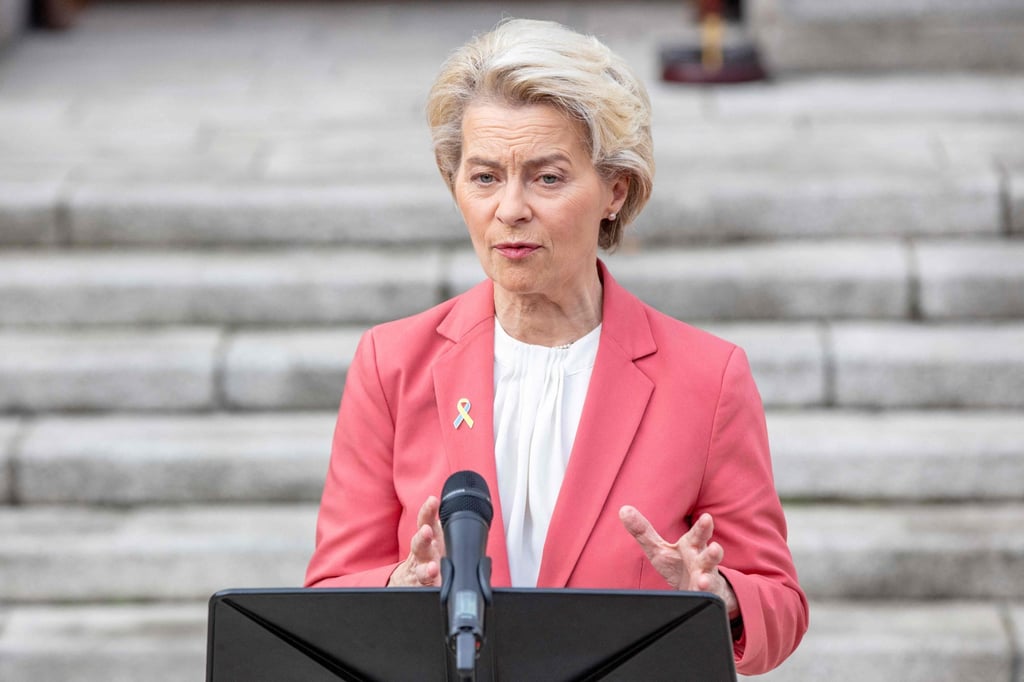Advertisement
US and EU indicate plan to end electric vehicles subsidies dispute, both wary of China and Russia
- Two sides agree to align industrial policies at latest meeting of Trade and Technology Council, with Europe urging to see results ‘this year’
- China referenced in joint statement as allies vow to coordinate actions to eradicate forced labour from global trade
Reading Time:5 minutes
Why you can trust SCMP
27

Khushboo Razdanin New York
A highly anticipated dialogue between the US and Europe on frictions over massive tax incentives for American electric vehicle producers under President Joe Biden’s landmark Inflation Reduction Act concluded in an impasse on Monday.
If the meeting of the US-EU Trade and Technology Council (TTC) yielded any agreement, it was that the two sides would resolve their differences by going their own way while aligning their overall policies.
“In Europe we’ll have to do our homework,” said European Commissioner for Competition Margrethe Vestager after the meeting in Maryland. “We will fight climate change together, but we will do that with our respective industrial bases.”
Advertisement
“Obviously we are also in the process of seeing what kind of help is needed, targeted temporarily for European industry to be up to the challenge.”
Set up in June last year, the TTC serves as a forum for the US and European Union to coordinate approaches to key trade and technology issues.
Advertisement
Just hours before the talks, European Commission President Ursula von der Leyen called on the EU to “adapt” and “adjust our own” industrial policy rules.

Advertisement
Select Voice
Choose your listening speed
Get through articles 2x faster
1.25x
250 WPM
Slow
Average
Fast
1.25x